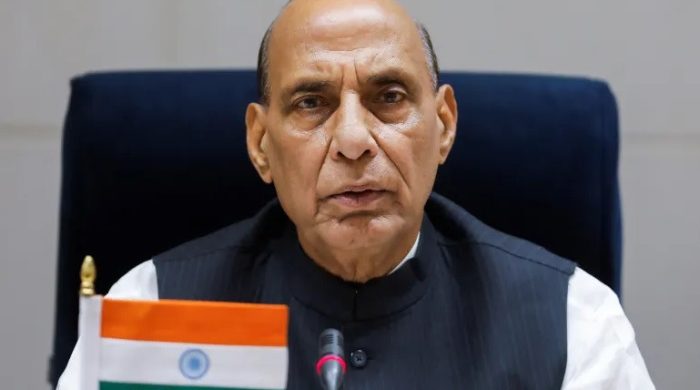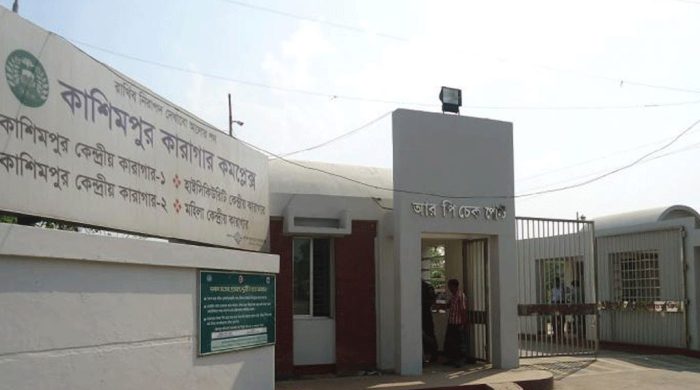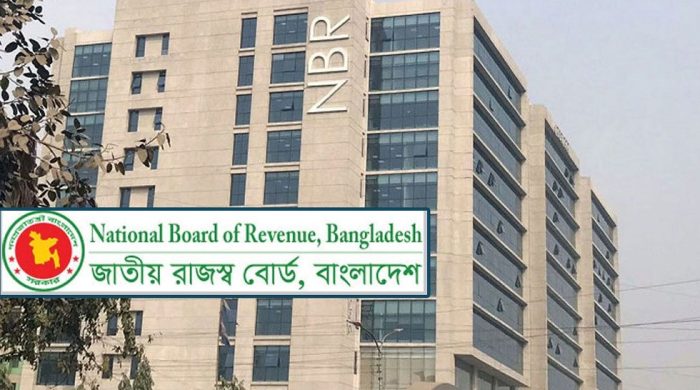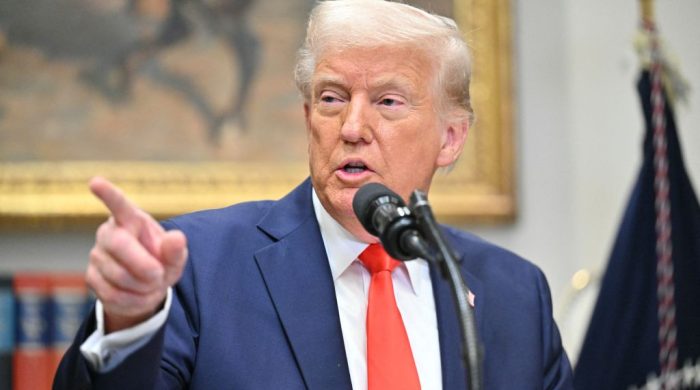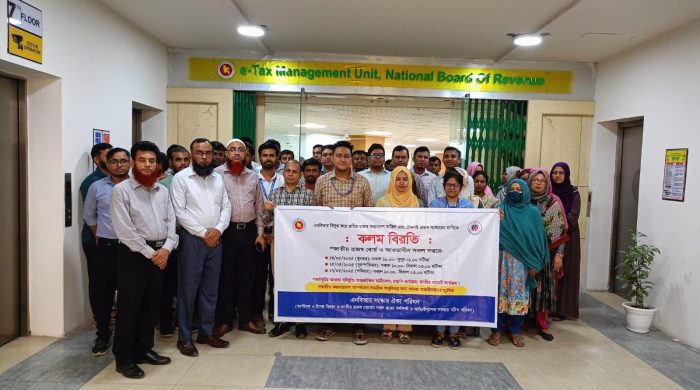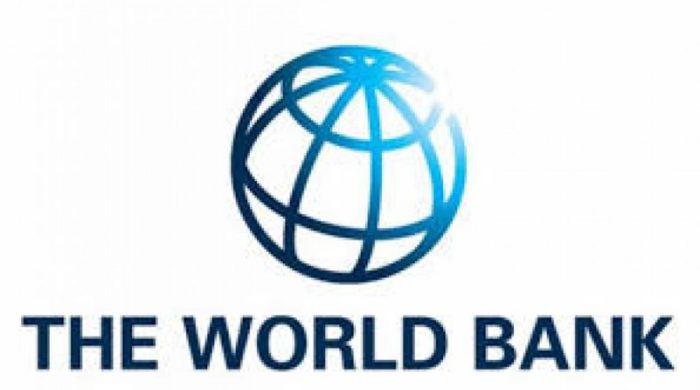Worrying political favouritism in family card distribution

- Update Time : Saturday, August 6, 2022
- 137 Time View

This is worrying that the intended beneficiary of social safety net programmes cannot enjoy the benefits because of widespread corruption in implementation. The government in March decided to sell a number of essential goods at subsidised prices to selected low-income families and for that, the families would be given family cards. In accordance with the decision, the Trading Corporation of Bangladesh has started selling essential goods since August 2 and the commerce ministry says that it plans to cover 10 million card-holders across the country by mid-August. Elected local government representatives are entrusted with the enlistment of people in economic hardship, but there are allegations that they have manipulated the list. Many at Bara Moghbazar in Dhaka have alleged that the ward councillor has listed a homeowner and sent names of several members of a family to the city authorities while the poor are denied access to the programme. The councillor has, however, brushed aside allegations. The Dhaka North City Corporation, too, has brushed aside the allegation, saying that there is no scope for cards having been issued to affluent families. The allegations and efforts to set aside the allegations suggest that the supervision to ensure transparency in the process has failed.
Prices of essential goods continue to rise at a fast pace. Bangladesh has been feeling this inflationary pressure since June 2020, which recently became unbearable for the poor and fixed-income people. In this context, the government decision to distribute family cards, which will allow them to buy goods at low prices from government outlets, is commendable. The intended objective of the programme is also to check corruption in the light of such operation in the past. The family card programme has sadly been mired in controversy since its launch in March. In Ramadan, people from across the country complained that they had faced difficulty in collecting subsidised goods from Trading Corporation outlets. As there were no guidelines on the simultaneous operation of TCB family cards and open market sales programmes, people with and without cards suffered. Then there were also allegations that the local elected representatives privileged party people in the issuance of cards. The reported corruption in the family card programme follows the same pattern of irregularities that plague other social safety net programmes in Bangladesh.
Recurring incidents of corruption in the operation of social safety net programmes not only defeat the purpose of helping the poor and low-income people but also make glaringly evident the government’s failure in containing corruption. The corruption in the operation of the family card programme shows that the government has yet again implemented a plan without putting in place an anti-corruption mechanism. The government must avoid handling such programmes by political leaders to prevent political favouritism and to ensure transparency in the process of beneficiary enlistment.








